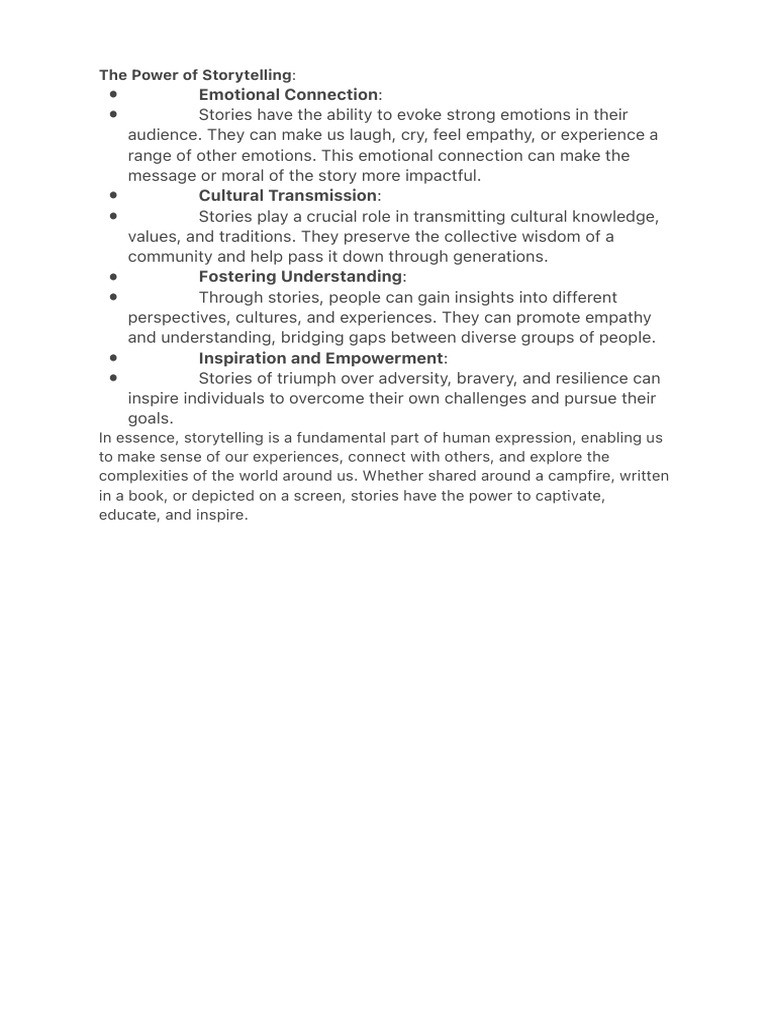In the modern landscape of communication, storytelling emerges as a perennial vessel for bridging gaps between diverse cultures and ideologies. The Bahá’í teachings embrace the formidable potential of conscientious storytelling, which elevates this narrative art to a vehicle for spiritual and social transformation. This intricate tapestry of perspectives opens the door to deeper understanding, invites introspection, and engenders a collective shift. Exploring the principles behind this doctrine, we may unravel the profound impact that conscientious storytelling exerts on individuals and societies alike.
At the heart of the Bahá’í Faith lies the principle of the oneness of humanity. This fundamental tenet advocates for unity amid diversity, urging followers to view storytelling not merely as entertainment, but as a transformative act of connection. Stories cultivate empathy and foster an environment where individuals from disparate backgrounds can find commonality. Hence, the act of sharing narratives becomes an imperative for social cohesion and mutual understanding.
Conscientious storytelling is indeed rooted in accountability. The intent behind each narrative must be scrutinized; it is critical to ensure that the stories shared uphold ethical standards and illuminate truth rather than propagate falsehoods. The Bahá’í teachings accentuate honesty as a cardinal virtue, advocating for authenticity in the representation of experiences. This commitment to veracity not only enriches the storyteller’s credibility but also reinforces the fabric of trust within the communities they inhabit.
Moreover, conscientious storytelling serves as a conduit for vulnerability and personal connection. When a storyteller discloses their struggles and triumphs, it cultivates an atmosphere of authenticity. By unveiling one’s vulnerabilities, barriers dissolve, allowing listeners to engage with the narrative on a deeper emotional level. This intimacy engenders an environment conducive to sharing one’s own stories, thereby perpetuating a cycle of openness and acceptance.
The Bahá’í teachings further elucidate the significance of intention in storytelling. A narrative imbued with a higher purpose transcends mere entertainment. It may serve as a catalyst for spiritual awakening, social reform, and cultural enrichment. Hence, as individuals craft their stories, a deliberate effort must be made to align their narratives with principles of justice, peace, and equity. In this light, every story offers an opportunity to incite curiosity and inspire action towards collective betterment.
Another dimension of conscientious storytelling is its ability to illustrate the complexity of human experience. By depicting multifaceted characters, narratives can challenge monocultural narratives and stereotypes, encouraging listeners to embrace a more nuanced understanding of the world around them. This portrayal not only dismantles preconceived notions but also cultivates critical thinking. Engaging with diverse stories can provoke inquiries into one’s own beliefs, thereby sparking a transformative shift in perspective.
Within the realm of storytelling, the power of language cannot be understated. The Bahá’í teachings advocate for eloquence combined with clarity. The choice of words can evoke emotions, inspire reflection, and provoke dialogue. A conscientious storyteller must meticulously select language that resonates and amplifies their message. This mastery of language heightens the narrative’s potency, enhancing the listener’s investment while reigniting their curiosity.
Moreover, storytelling serves an educational function, allowing for the transmission of moral and ethical values across generations. The Bahá’í teachings emphasize the importance of educating the younger generation with principles of justice and compassion through stories that resonate with these core values. The intergenerational transmission of narratives becomes a means of instilling virtues and evoking curiosity about the world beyond immediate experiences.
To further elevate the power of conscientious storytelling, adopting a global perspective is essential. Narratives rooted in diverse cultural experiences expand the listener’s worldview, fostering a sense of global citizenship. The Bahá’í teachings remind us that understanding and embracing diverse narratives can accelerate the journey toward unity in diversity. Thus, storytelling becomes an integral part of the global conversation, encouraging curiosity about other cultures and fostering respect for different perspectives.
Furthermore, digital platforms have radically transformed the storytelling landscape. The internet facilitates the dissemination of narratives across borders, making conscientious storytelling more accessible. Social media platforms allow storytellers to share their truths widely, amplifying underrepresented voices. However, with this democratization comes responsibility; storytellers must remain vigilant against the spread of misinformation and strive to maintain authenticity.
In conclusion, the Bahá’í teachings illuminate the multifaceted realm of conscientious storytelling, which serves as a powerful catalyst for individual growth and societal transformation. The act of storytelling is elevated when imbued with intention, authenticity, and ethical accountability. As humanity collectively navigates the complexities of its existence, the pathways carved through conscientious storytelling will undoubtedly offer not only a shift in perspective but also spark curiosity, fostering deeper connections that transcend geographical and cultural barriers. In practice, the implications of such storytelling extend far beyond individual narratives; they embody the potential of humanity to unite, elevate, and flourish.
